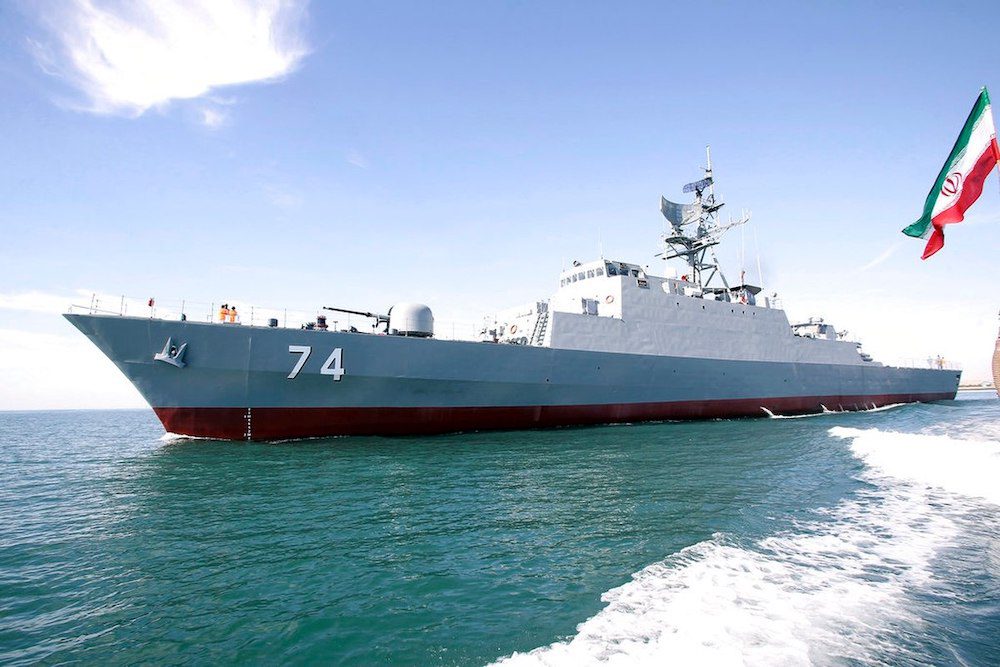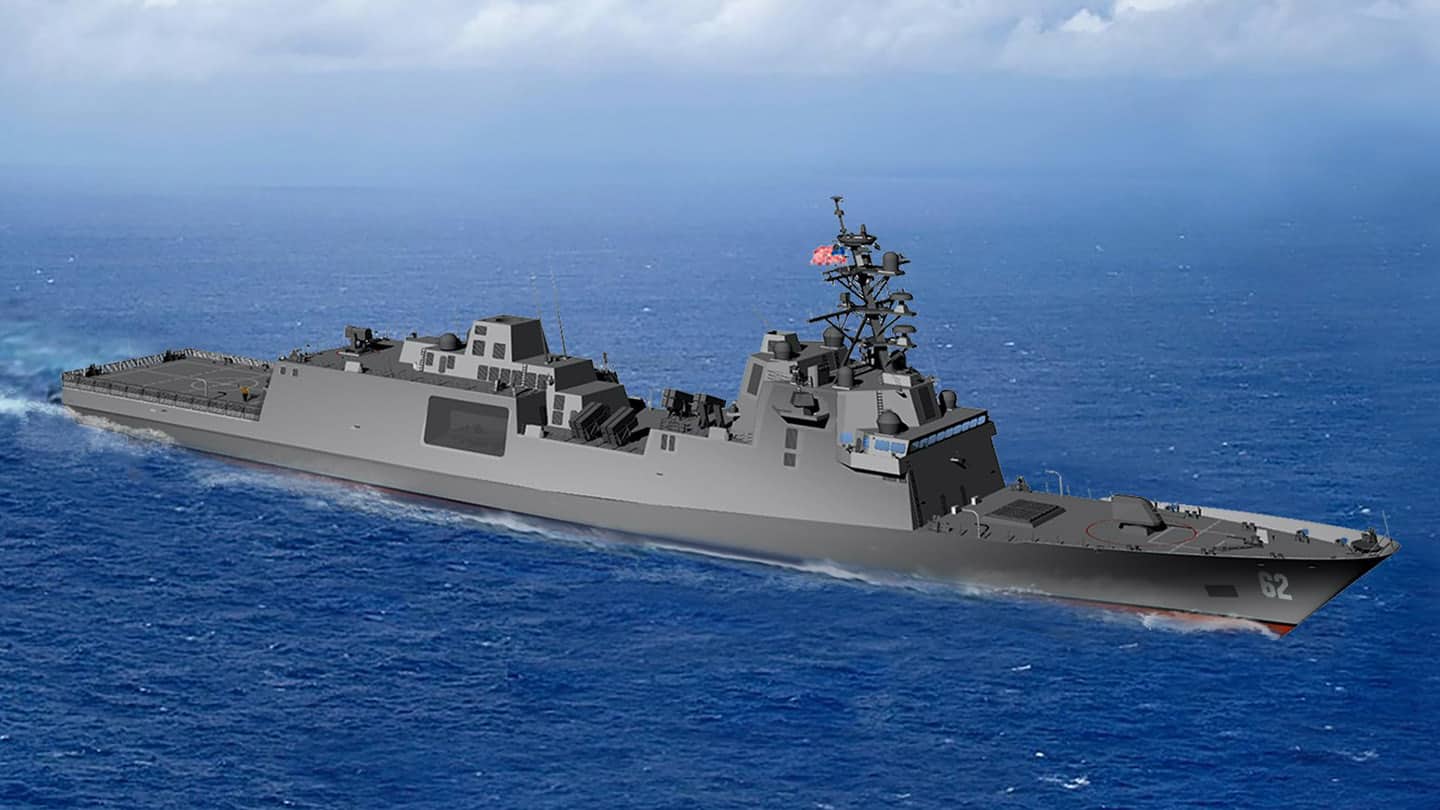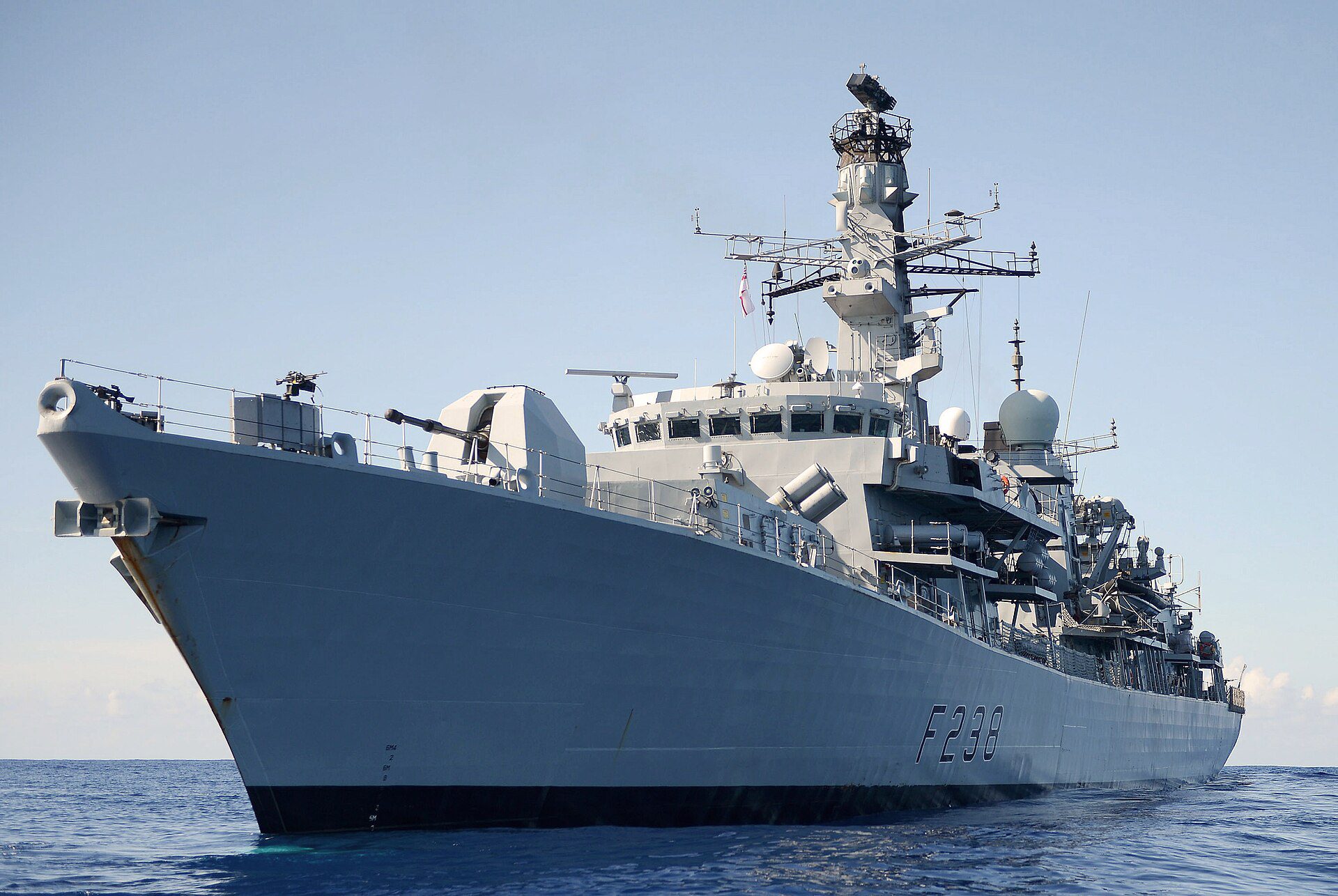By Christoph Steitz (Reuters) – Corporate Germany on Tuesday called on Berlin to provide naval support to make the Red Sea safe for container vessels, warning that a prolonged disruption of trade may lead to production hiccups in Europe’s top economy.
The comments are the strongest yet by German industry on what supply delays in one of the world’s top trading arteries could mean for local companies and businesses that are already suffering from a recession.
They also reflect concerns about the fragility of military support in the area.
Global shippers have diverted vessels to other trading routes following attacks by Iranian-backed Houthi militants in Yemen to show their support for Palestinian Islamist group Hamas fighting Israel in Gaza.
Maersk said on Friday it will avoid the Red Sea for the foreseeable future, fueling worries about a prolonged disruption to global trade.
Going via southern Africa to avoid the Suez Canal costs about $1 million more in fuel costs and adds about 10 days to a trip from Asia to northern Europe. That has stirred concerns about another bout of global inflation as companies pass on the higher costs to consumers.
So far, Germany is not part of an initiative to safeguard the southern Red Sea and Gulf of Aden, led by the United States and dubbed Operation Prosperity Guardian, aimed at protecting billions of dollars’ worth of commerce flowing through the passage.
“Securing maritime trade routes is not only in the interests of Germany’s economy, it is a fundamental part of our national security,” Wolfgang Niedermark, a member of the BDI’s executive board, told Reuters in emailed comments.
“The German government must now take responsibility without further hesitation and take the necessary steps, together with its allies, to protect the currently threatened sea routes in the Suez Canal and the Red Sea against the ongoing attacks, also militarily.”
He said that Germany, being the world’s third-strongest trading nation, had to take an active lead.
The German Defence Ministry is evaluating a possible participation in the U.S.-led mission, a spokesperson said.
The German economy, including global heavyweights BASF , Bayer , Siemens and Thyssenkrupp, depend on the smooth flow of global goods, including via the Red Sea, which accounts for the transit of around 10% of Germany’s exports and imports.
With a share of 10.7%, Germany has also the biggest share of the container shipping vessels market, according to figures from the German Shipowners’ Association.
Niedermark said the tense situation in the Red Sea was leading to uncertainty, delayed ship arrivals and additional costs for German companies.
“Industries that rely on supplies of raw materials or components from Asia are particularly affected by the situation in the Red Sea. We are not yet aware of any disruptions to production, but they cannot be ruled out.”
(Reporting by Christoph Steitz and Tom Kaeckenhoff; Additional reporting by Sabine Siebold; Editing by Miranda Murray and Emelia Sithole-Matarise)

 Join The Club
Join The Club










